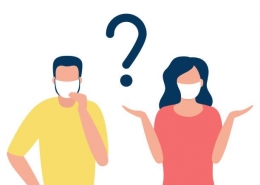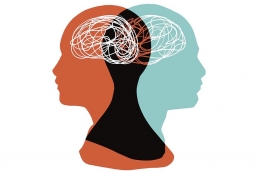
Most of the causes of feeling insecure, may come from external factors. Moreover, people now live in an era, where the presence of social media or social media is very crucial or affects all human activities. Social media was originally created to facilitate communication between individuals.
However, over time, the platform is often used as a place to show off the achievement of wealth, position, and appearance. Do not rule out, seeing this triggers a person to feel that he is lacking and imperfect. This is a sad phenomenon, where the standard of living of others is used as the main benchmark for assessing one's own identity.
Whereas every human being in this world, has different characteristics and way of life. In small things, we are all born at different times, places and situations, so why expect the same start and finish line?
Plus the presence of the stigma of "Good looking is everything", an obligation to be beautiful or handsome if you want to be appreciated. Society seems to prioritize people who have a beautiful appearance. For example, in the requirements when applying for a job, some vacancies require candidates to be "good looking".
Indirectly, this is a form of discrimination against job seekers, and violates the Human Rights Act and ILO Convention No. 111 which was approved at the International Labor Conference on June 25, 1958.
Negative Stigma Affects Mental Health

Mental health is referred to as overthinking, this condition occurs when an individual thinks too much even about things that have not happened, one of which comes a thought about his own shortcomings. Research conducted by Michigan University As many as 73% of adults aged 25-35 experience overthinking.














